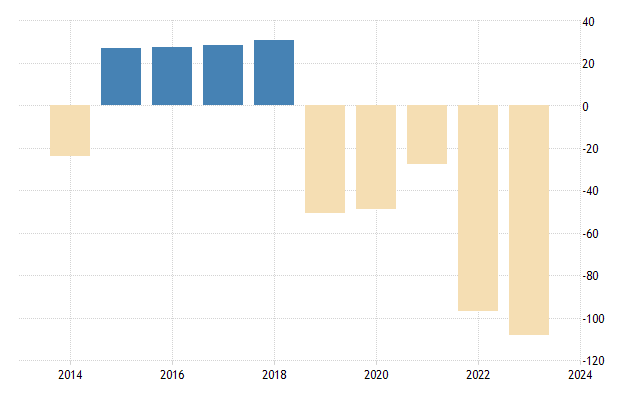
Guinea Bissau’s main trading countries
Guinea-Bissau, a small West African country, has an economy that is primarily based on agriculture, with cashew nuts being the most significant export product. Despite its size and economic challenges, Guinea-Bissau has a distinct set of trade relationships, relying on both neighboring countries and international partners. This article explores Guinea-Bissau’s main trading partners, focusing on the countries involved in both imports and exports and how these relationships impact its economy.
Key Export Partners
1. India: India is Guinea-Bissau’s largest trading partner, primarily due to its substantial demand for cashew nuts. Guinea-Bissau exports over 80% of its cashew nuts to India, making it an essential trade route. The demand for cashews in India, especially as raw materials for the snack industry, provides Guinea-Bissau with critical foreign exchange earnings. However, the heavy reliance on India for exports makes Guinea-Bissau vulnerable to market fluctuations in India, which can impact cashew prices and demand.
2. Vietnam: Vietnam is another significant export partner for Guinea-Bissau’s cashew nuts. The Vietnamese cashew processing industry depends heavily on imports, and Guinea-Bissau has increasingly found Vietnam to be a lucrative market for its raw cashew nuts. This partnership also allows Guinea-Bissau to diversify its export destinations, reducing dependency on a single country.
3. Portugal: Portugal, Guinea-Bissau’s former colonial ruler, remains an important partner. While exports to Portugal are modest compared to India or Vietnam, the historical and linguistic ties strengthen trade relations. Portugal often imports fish, seafood, and agricultural products from Guinea-Bissau, creating a steady, if not large, flow of exports that support Guinea-Bissau’s economy.
4. Other European Union Countries: Various EU countries, including Spain and the Netherlands, import Guinea-Bissau’s cashews and agricultural products. The EU offers preferential trade agreements for many African countries, including Guinea-Bissau, under the Economic Partnership Agreements, helping expand its market reach in Europe.
Key Import Partners
1. Portugal: As one of the main sources of imports, Portugal supplies Guinea-Bissau with essential goods, including machinery, foodstuffs, and beverages. Portugal’s influence extends to the supply of industrial equipment and consumer goods, helping to meet the country’s demand for goods that Guinea-Bissau cannot produce locally.
2. China: China is a significant supplier of affordable consumer goods, electronics, construction materials, and machinery to Guinea-Bissau. The affordability and variety of Chinese products have made them popular in the country, catering to everyday needs and infrastructure projects alike. China also invests in Guinea-Bissau’s infrastructure, helping to develop ports, roads, and other crucial facilities.
3. Senegal: Guinea-Bissau shares a border with Senegal, and the two countries maintain strong trade relations, especially for everyday commodities, fuel, and food products. Senegal is a convenient source of goods, as trade by road is feasible, reducing transportation costs. Additionally, Senegalese traders and transporters help facilitate trade flows between the two countries, making it easier for Guinea-Bissau to import perishable and essential items.
4. Other African and European Countries: Aside from Senegal, Guinea-Bissau also imports goods from other African nations, particularly in the Economic Community of West African States (ECOWAS) region. In Europe, countries like Spain and France provide equipment, vehicles, and industrial products.
Impact on Guinea-Bissau’s Economy
The trade relationships that Guinea-Bissau maintains with these countries play a critical role in its economy, as it relies heavily on imports to meet domestic needs and exports to generate foreign exchange. However, the concentration on cashew exports makes the economy highly vulnerable to global price changes in the cashew market. Diversifying export products and trading partners could help stabilize its economy and reduce dependency on a single market or commodity.
Further, Guinea-Bissau’s reliance on imports from a few specific countries exposes it to potential price hikes, transportation disruptions, or political shifts that could affect its supply chain. Strengthening regional trade within ECOWAS could mitigate some of these risks, improving food and goods security.
Conclusion
Guinea-Bissau’s main trading partners, notably India, Vietnam, Portugal, and China, shape its trade dynamics by providing essential goods and a stable market for exports. However, the heavy reliance on cashew nuts as a primary export underscores the need for economic diversification. By broadening its export products and leveraging regional partnerships, Guinea-Bissau can build a more resilient economy capable of adapting to market changes and enhancing its development trajectory.




Leave a Reply